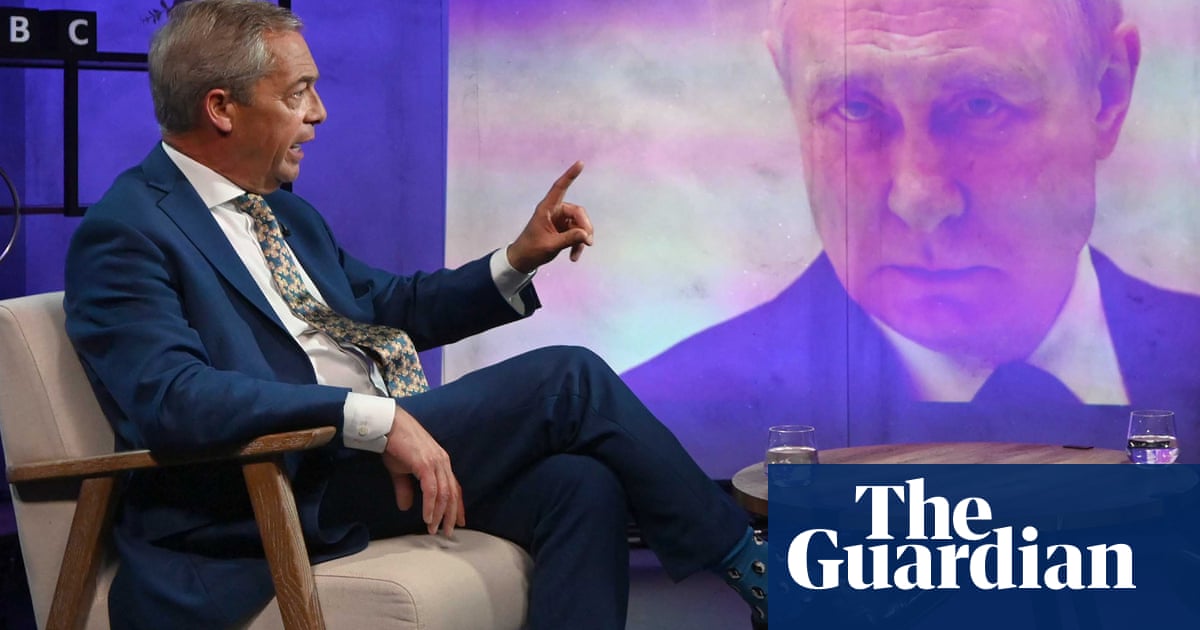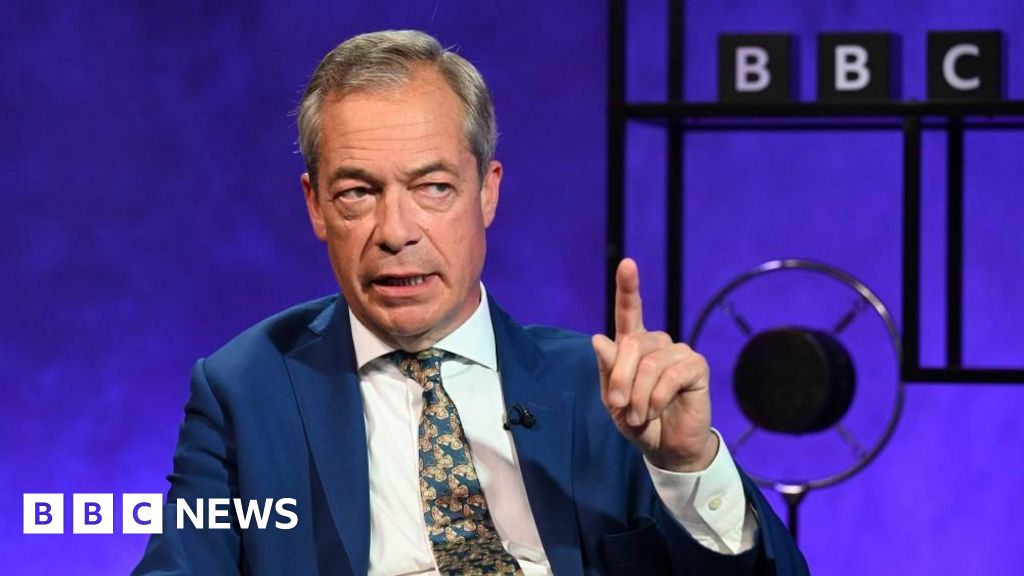
Nigel Farage, the leader of the Reform UK party, has made controversial statements regarding the causes of Russia's invasion of Ukraine in 2014. According to multiple sources, Farage believes that Western expansion into Eastern Europe through NATO and EU was a provocation that led Putin to invade Ukraine. However, this view is not supported by historical facts.
In 2014, Russia annexed Crimea from Ukraine under the pretext of protecting ethnic Russians in the region. The West condemned the move and imposed economic sanctions on Russia. Farage's analysis that Western expansion was a provocation overlooks several key factors leading to Putin's aggression.
First, Putin saw an opportunity to expand Russian influence in Eastern Europe when NATO and EU were expanding towards Russia's borders. However, his actions were not justified as a response to Western expansion alone. The West had called on Ukraine not to take any action against Russia in 2014, which emboldened Putin and encouraged him to escalate the situation.
Second, Putin saw that the West was unwilling to confront him over his actions in Crimea. He believed he could act with impunity due to Western weakness and timidity. This perception of Western weakness further emboldened Putin, leading him to invade Eastern Ukraine in 2014 and again in 2022.
Farage's statements have been criticized by political opponents for being an apologist stance towards Russia. His admiration for Putin as a political operator is misplaced, as Putin's actions have resulted in the suffering of countless innocent people and destabilization of Eastern Europe.
A serious leader should not parrot the talking points of Vladimir Putin or blame Western expansion for Russia's aggression. Instead, Farage should encourage our country and the West to stand up to this dictator against his criminal assault on a sovereign state. We have seen the consequences of appeasement play out over the last two years in Ukraine, and we can be sure that anything short of Russian defeat there will inevitably lead to even greater aggression and bloodshed in Europe in the future.


